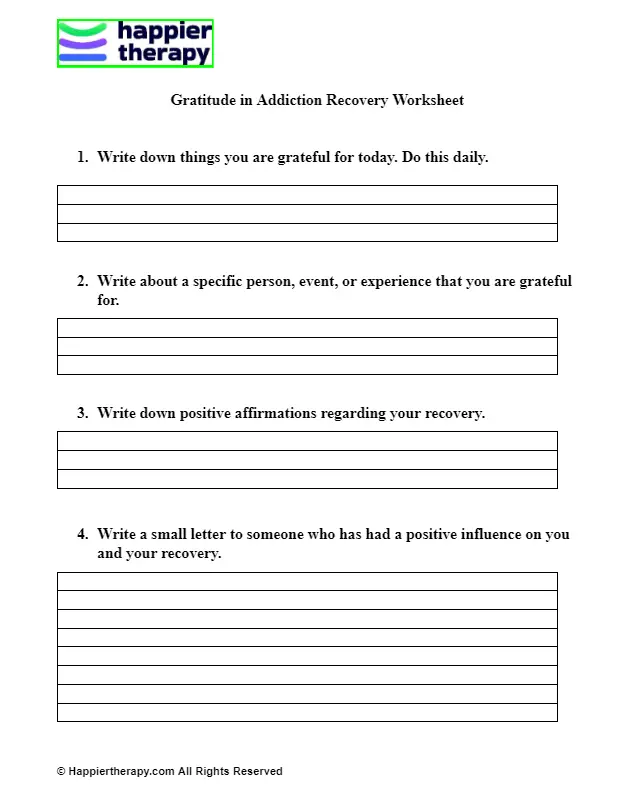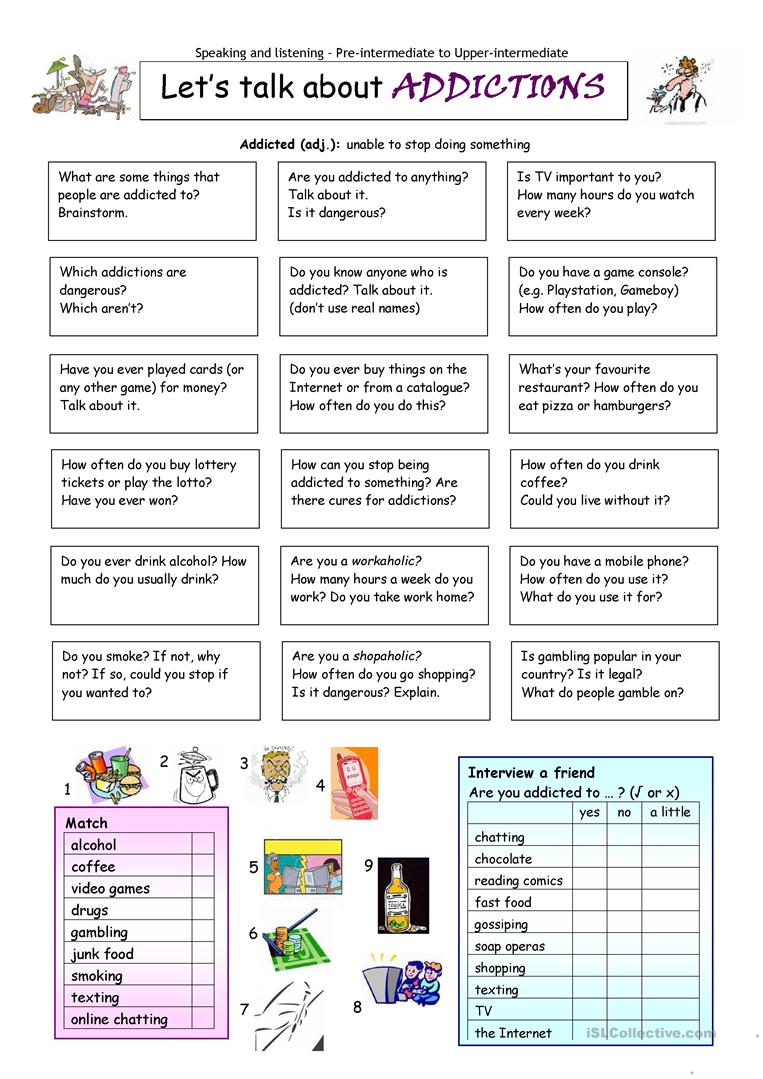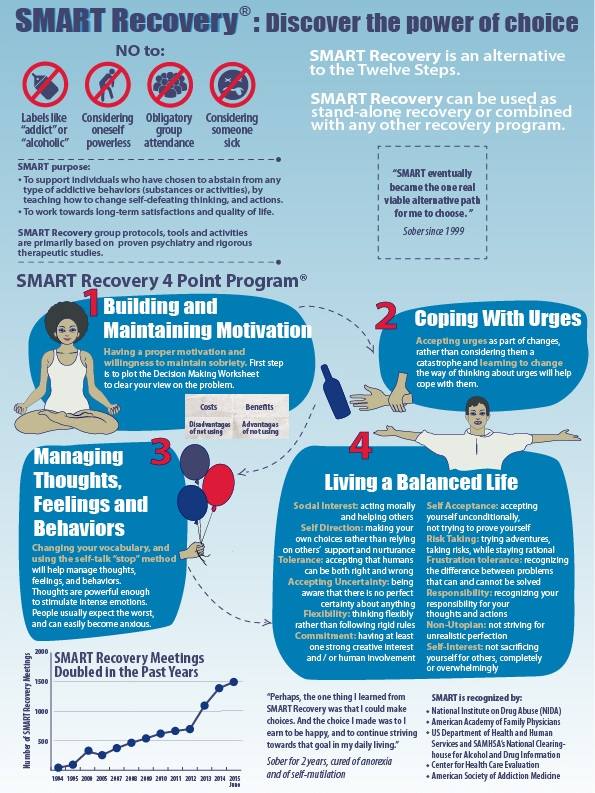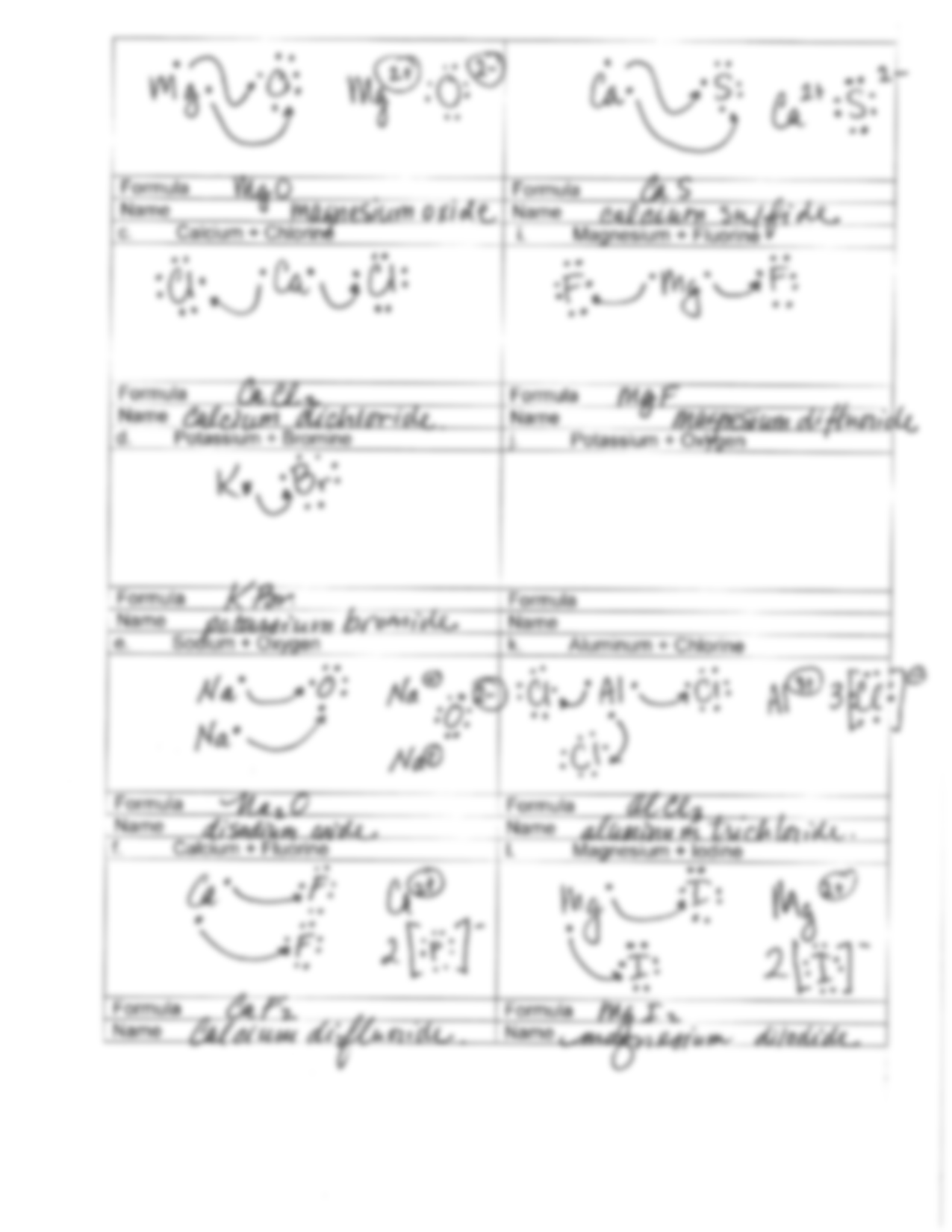5 Essential Worksheets for Addiction Recovery

In the journey of addiction recovery, worksheets can serve as valuable tools for introspection, self-assessment, and personal growth. They provide a structured approach to understanding one's habits, triggers, and emotional states, enabling individuals to confront their challenges with addiction in a more organized manner. This blog post will explore five essential worksheets designed to support individuals through their recovery process. These worksheets not only aid in the identification of patterns related to addiction but also foster resilience and foster a positive change in mindset.
The Triggers Identification Worksheet

The first step in managing addiction is understanding what triggers it. Here’s how you can use a triggers identification worksheet:
- List Potential Triggers: Write down situations, emotions, people, or places that historically led to substance use or negative behavior. Include both external and internal triggers.
- Analyze Responses: Reflect on your reactions to these triggers. Are they automatic, or do you have control over them?
- Develop Strategies: Once identified, develop coping strategies for each trigger. This could be avoidance, mindfulness practices, or alternative activities.
📝 Note: While identifying triggers, it’s crucial to approach this task with compassion towards oneself, understanding that everyone’s triggers are unique.

Cognitive Behavioral Therapy (CBT) Worksheet

Cognitive Behavioral Therapy focuses on altering distorted thinking patterns to change behavior. Here’s a CBT worksheet structure:
- Identify Negative Thoughts: Record thoughts that arise during cravings or after a relapse.
- Challenge These Thoughts: Use questions like “Is there evidence for this thought?” or “Is this thought helpful?” to challenge these beliefs.
- Formulate New, Positive Thoughts: Replace negative thoughts with more realistic, positive alternatives.
This worksheet helps individuals to not only understand their thought patterns but also to actively reshape them towards recovery.

The Emotion Regulation Worksheet

Managing emotions is key to preventing relapse. An emotion regulation worksheet might look like this:
- Name the Emotion: Clearly identify and name the emotion you’re feeling.
- Understand the Trigger: Connect the emotion to a specific trigger or event.
- Rate the Intensity: On a scale of 1-10, how intense is the emotion?
- Choose an Action: Decide on a healthy coping strategy to manage the emotion.
Utilizing this worksheet regularly can help individuals gain better control over their emotional responses, which are often linked to addiction triggers.

The Goal-Setting Worksheet

Setting clear, achievable goals can provide a sense of direction and purpose in recovery. Here’s what to include in a goal-setting worksheet:
- Long-Term Goals: Define what you want your life to look like in recovery.
- Short-Term Objectives: Break down long-term goals into manageable steps.
- Action Plan: Outline specific actions, resources, and support systems needed to achieve these goals.
- Timeframe: Establish realistic time frames for each goal.
Setting and tracking goals gives individuals a roadmap for recovery, making it easier to stay motivated and focused.

Relapse Prevention Plan Worksheet

Creating a relapse prevention plan is a proactive measure in addiction recovery. Here’s the structure:
- Identify High-Risk Situations: List situations where the risk of relapse is higher.
- Develop Coping Strategies: Outline specific strategies for each high-risk situation.
- List Support Contacts: Have a list of people or services to reach out to during moments of temptation.
- Emergency Plan: Detail what to do if a relapse occurs or seems imminent.
Having a well-thought-out plan can empower individuals to navigate through high-risk scenarios with confidence.
⚠️ Note: The effectiveness of these worksheets is greatly enhanced when combined with professional therapy or counseling.

Wrapping up, the journey of recovery is deeply personal, filled with unique challenges and triumphs. These worksheets are designed to assist you in dissecting and managing the aspects of addiction that might seem insurmountable at first. By consistently applying these tools, individuals can develop insights into their addiction, learn to manage triggers, and foster emotional resilience. Through cognitive restructuring, goal setting, and proactive planning, the path to sobriety becomes not only clearer but also more structured. The essence of recovery lies in understanding oneself, accepting change, and having the right tools at your disposal. This is where these worksheets shine, providing a practical foundation for rebuilding one's life, one step at a time.
Can I use these worksheets if I’m not in a formal recovery program?

+
Yes, these worksheets can be used by anyone looking to understand their habits better or work towards personal improvement in managing addiction or similar challenges. They provide structure and reflection regardless of formal program involvement.
How often should I use these worksheets?

+
It’s recommended to engage with these worksheets regularly, perhaps weekly or as part of a daily routine, to reinforce the habits and insights gained from them. However, the frequency can be adjusted based on individual needs.
Do these worksheets guarantee recovery?

+
No tool can guarantee recovery, but these worksheets are effective aids when combined with therapy, support systems, and a personal commitment to change. They provide structure and reflection, which are crucial for managing addiction.
Are these worksheets suitable for all types of addiction?

+
Yes, these worksheets are adaptable for various forms of addiction, from substance abuse to behavioral addictions like gambling or overeating. However, they should be tailored to address specific triggers and behaviors related to the type of addiction.
What should I do if I find it difficult to complete these worksheets?

+
Difficulties are normal. Consider discussing them with a therapist, counselor, or a recovery support group. Sometimes, a little guidance can make a significant difference in navigating through the worksheets.


